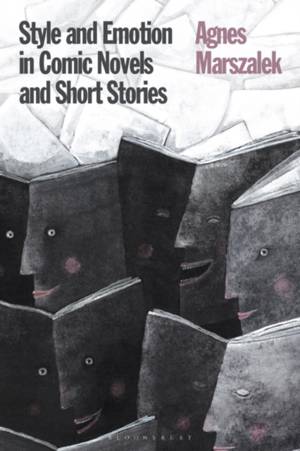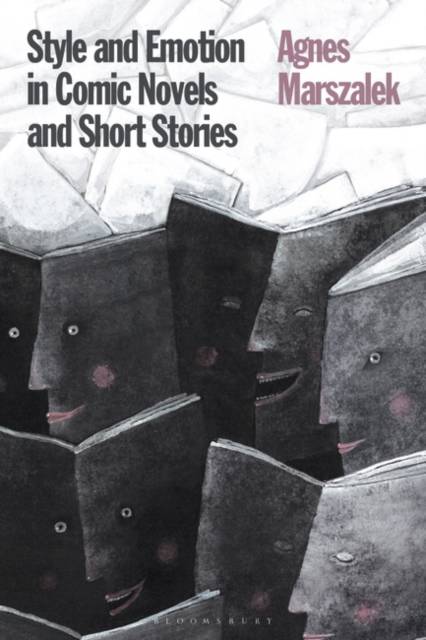
- Afhalen na 1 uur in een winkel met voorraad
- Gratis thuislevering in België vanaf € 30
- Ruim aanbod met 7 miljoen producten
- Afhalen na 1 uur in een winkel met voorraad
- Gratis thuislevering in België vanaf € 30
- Ruim aanbod met 7 miljoen producten
Zoeken
Omschrijving
This book builds on cognitive stylistics, humour studies and psychological approaches to literature and film to explore the emotional aspects of humorous narrative comprehension. It investigates how the linguistic features of comic novels and short stories (by, for example, Douglas Adams, Joseph Heller and Nick Hornby) can shape readers' experience of comedy, considering the ways in which moods, characters and the plot is used to trigger blends of positive and negative emotion. The book offers an approach to such features of comedy as dark humour, cringe humour and comic suspense, emphasising the relationship between humorous language and mental states which are typically considered serious.
Agnes Marszalek's focus on the non-humorous side of experiencing comedy offers a key contribution to the study of humorous narratives. By investigating humour as part of a narrative world, this book moves towards addressing the complexity of the experience of humour in narrative texts, providing implications not only for the linguistics of humour, but also for those approaches to discourse comprehension which explore the affective side of engaging with texts.
Agnes Marszalek's focus on the non-humorous side of experiencing comedy offers a key contribution to the study of humorous narratives. By investigating humour as part of a narrative world, this book moves towards addressing the complexity of the experience of humour in narrative texts, providing implications not only for the linguistics of humour, but also for those approaches to discourse comprehension which explore the affective side of engaging with texts.
Specificaties
Betrokkenen
- Auteur(s):
- Uitgeverij:
Inhoud
- Aantal bladzijden:
- 184
- Taal:
- Engels
- Reeks:
Eigenschappen
- Productcode (EAN):
- 9781350054585
- Verschijningsdatum:
- 19/03/2020
- Uitvoering:
- Hardcover
- Formaat:
- Genaaid
- Afmetingen:
- 142 mm x 218 mm
- Gewicht:
- 385 g

Alleen bij Standaard Boekhandel
+ 373 punten op je klantenkaart van Standaard Boekhandel
Beoordelingen
We publiceren alleen reviews die voldoen aan de voorwaarden voor reviews. Bekijk onze voorwaarden voor reviews.








